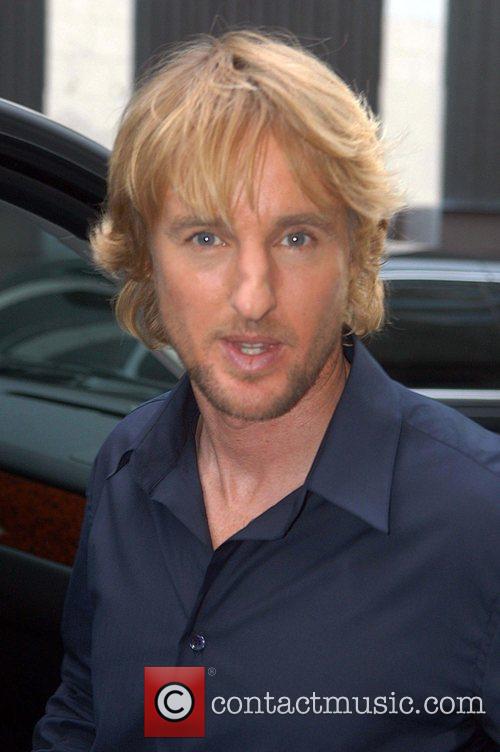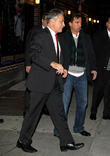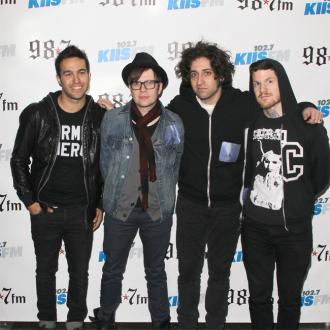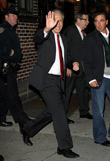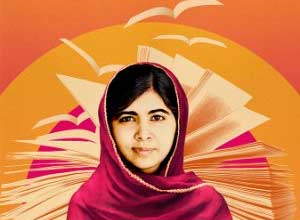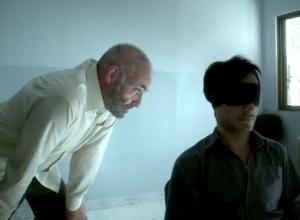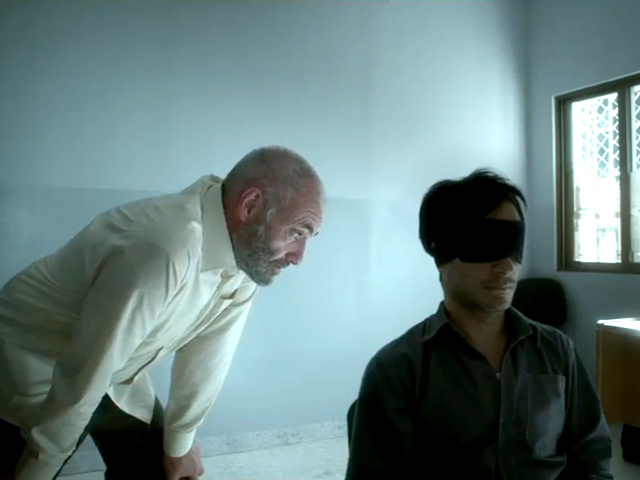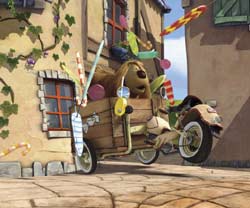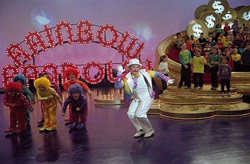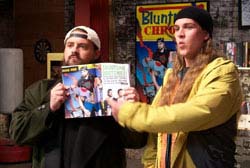Oscar-winning director Davis Guggenheim (An Inconvenient Truth) creates a riveting portrait of the youngest ever Nobel Peace Prize winner, Malala Yousafzai. And it's her amazing story and magnetic personality that holds the attention, rather than the way Guggenheim reorders her life to punch the emotional buttons. Malala is a genuinely inspirational figure who has spent her entire life trying to make the world a better place. And she's still only 18.
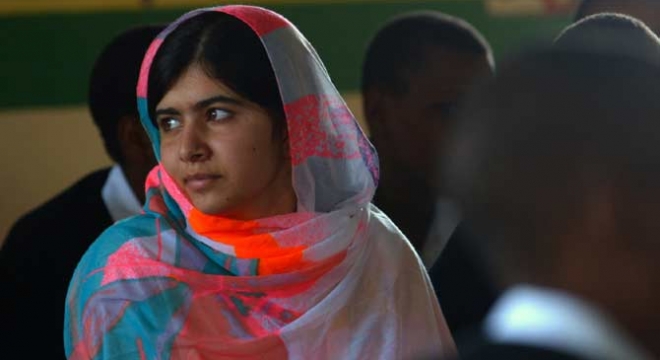
The film explores her childhood in Swat Valley, northern Pakistan, where she was named by her father Ziauddin after a 19th century Afghan heroine who led the Pashtun fighters against British interlopers and was shot in the process. As a school teacher, Ziauddin instilled in Malala a love of education, so when the Taliban began to close schools to girls, she began speaking out, first anonymously in a blog and then bravely expressing herself in public amid threats of violence. And the Taliban responded by trying to kill her. She was shot in the head, but survived and fled to England with her family, where she recovered and continues to travel the world speaking eloquently about issues relating to education and refugees.
In its fly-on-the-wall segments in England, the film reveals Malala to be a fairly typical teen, engaging in cheeky rivalry with her younger brothers Kushai and Atal, who tease her about her crush on Roger Federer. And she also has a very strong bond with her father and her mother Toor, who has a moving story of her own. Intercut with this are scenes of Malala meeting world leaders including Barack Obama and Queen Elizabeth II, plus journalists like Jon Stewart. Clearly this young woman was a gifted speaker even before she was propelled onto the global stage, passionately discussing the right to education and the truth about her faith. "Islam teaches me humanity, equality and forgiveness," she says. "The Taliban aren't Muslims. They're not about faith, but power."
Continue reading: He Named Me Malala Review



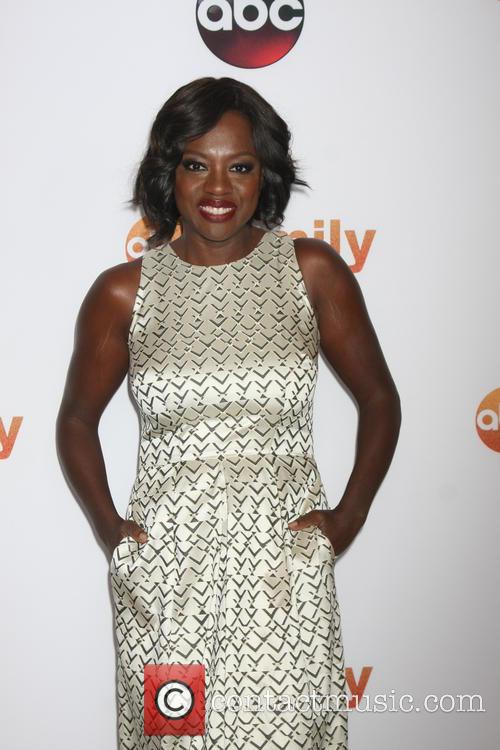 Viola Davis was named outstanding lead actress in a drama series.
Viola Davis was named outstanding lead actress in a drama series.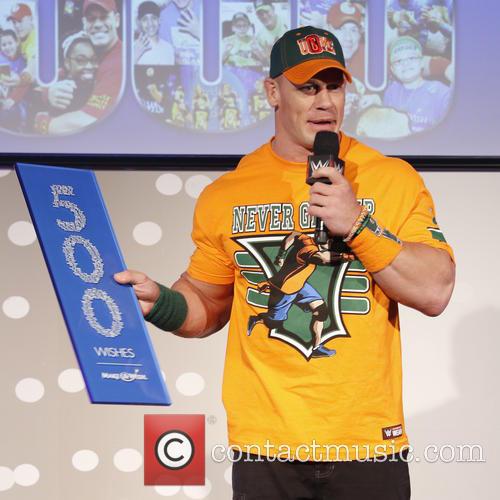 Jon Stewart got slammed by John Cena on Monday night.
Jon Stewart got slammed by John Cena on Monday night.


